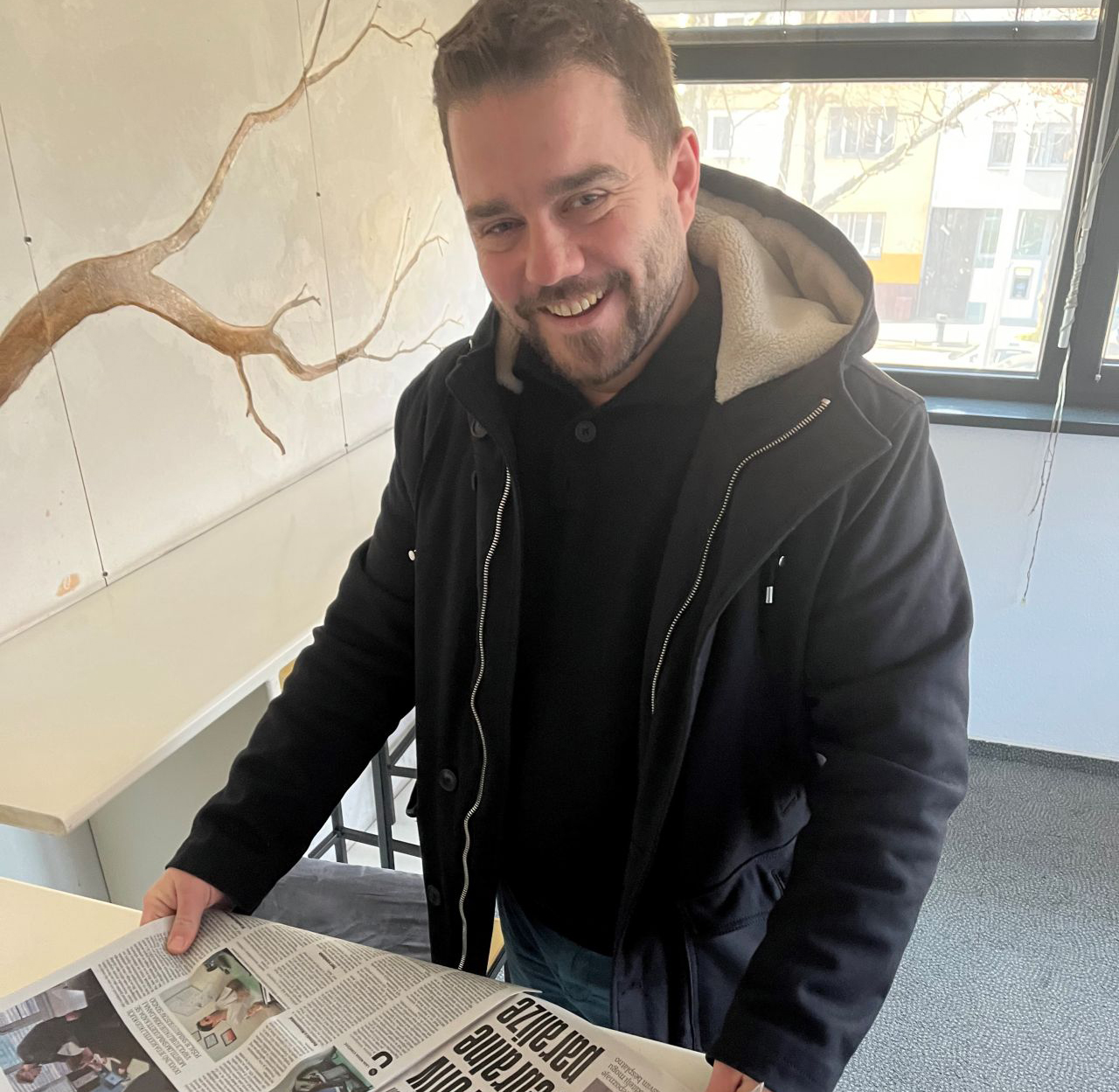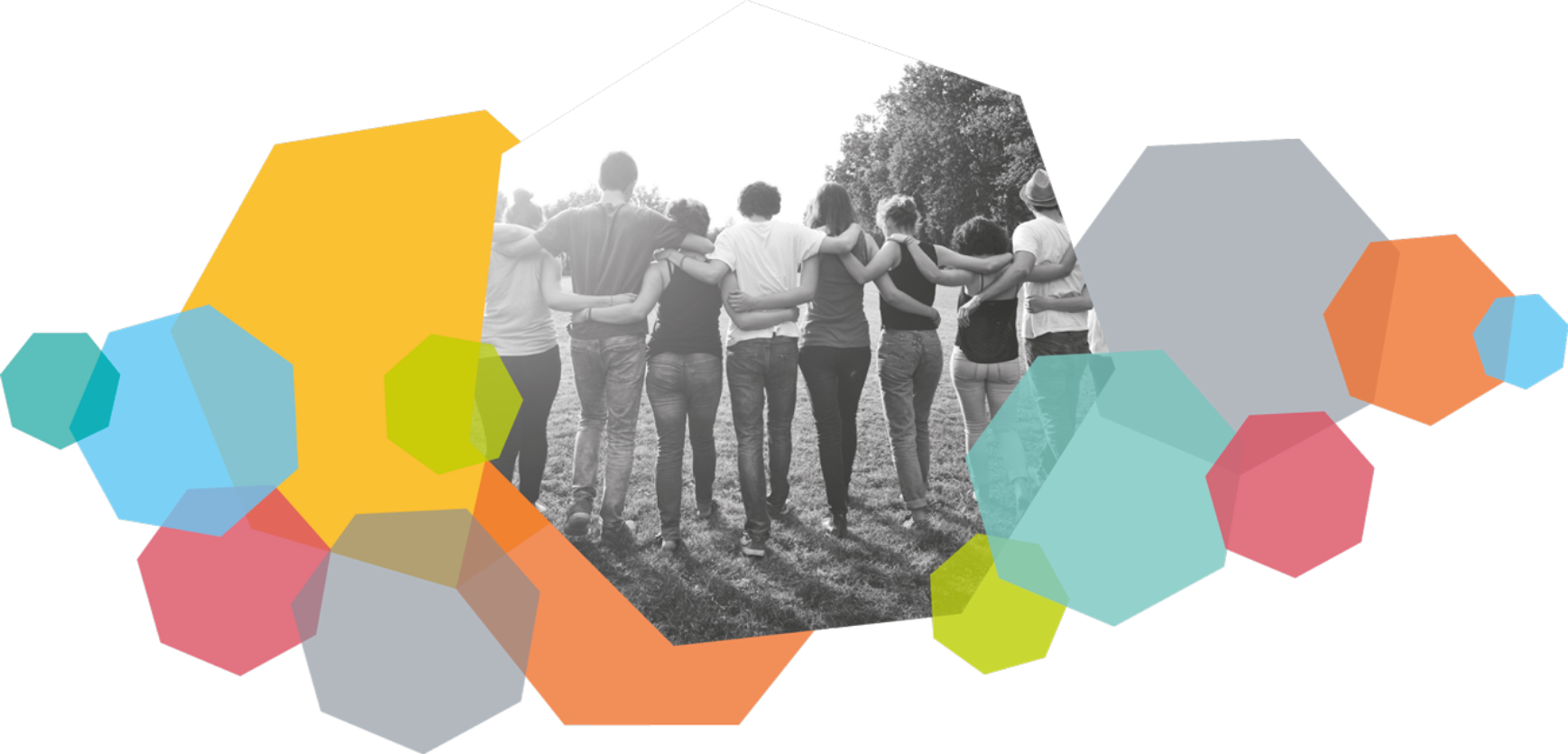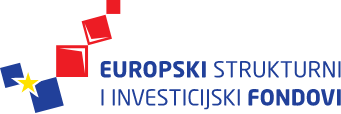SENDD ON THE COVER OF THE BIGGEST MORNING NEWSPAPER IN CROATIA

SENDD aims to detect infants at high risk of neurodevelopmental abnormalities. Our AI system is currently 'learning' to assess the quality of spontaneous movements in infants based on classified video recordings by at least two neuropediatricians from the Sabol Children's Clinic. The procedure is non-invasive, safe, pain-free, and can be done remotely from the familiarity of the baby's crib.
"All it takes is a series of short videos of the baby's fidgeting, which can be made from any mobile device at any time and uploaded to the SENDD system. After checking the quality of the footage, neuropediatricians analyze the fidgeting. At the end of the process, the parent receives an official report by email with an assessment of the quality of spontaneous movements (fidgeting) and further recommendations on the next steps", explains neuropediatrician Goran Krakar. He adds that this review is free for the next six months for everyone who access it via the web (www.sendd.eu) or the mobile application (Android, iOS), which can also be downloaded for free.
The procedure is straightforward - the parents download the application. The next step is recording the baby's fidgeting for a couple of minutes from a bird's eye view while the infant is lying on its back. Ideally, the baby should be between 2 and 3 months old. While recording, the baby must be awake, fed, and not crying. Furthermore, for the best outcome, there mustn't be any surrounding sounds or additional distractions that can affect the spontaneity of movement during filming.
"Every parent has a smartphone, and the cameras are nowadays so good that they can record movements with high quality. This makes it much easier for parents because they no longer have to visit the doctor's office. For example, people from isolated areas, compared to those in large cities, still don't have the same access to medical care. Even if the parents would spend hours or possibly even days just traveling to the proper clinic, the examination outcome could still be uncertain since capturing the child in ideal conditions in the doctor's office is difficult. The baby can demonstrate the best spontaneous movements in the home's natural environment. Otherwise, doctors spend too much time preparing the recording for two or three minutes of fidgeting in the doctor's office," the neuropediatrician Krakar tells us.
We congratulate Tomislav Strgar and the entire TIS AI team on their success and thank Jutarnji list (14.2.2023.) and Lada Novak Starčević for their interest in SENDD.
For more information sendd.eu




